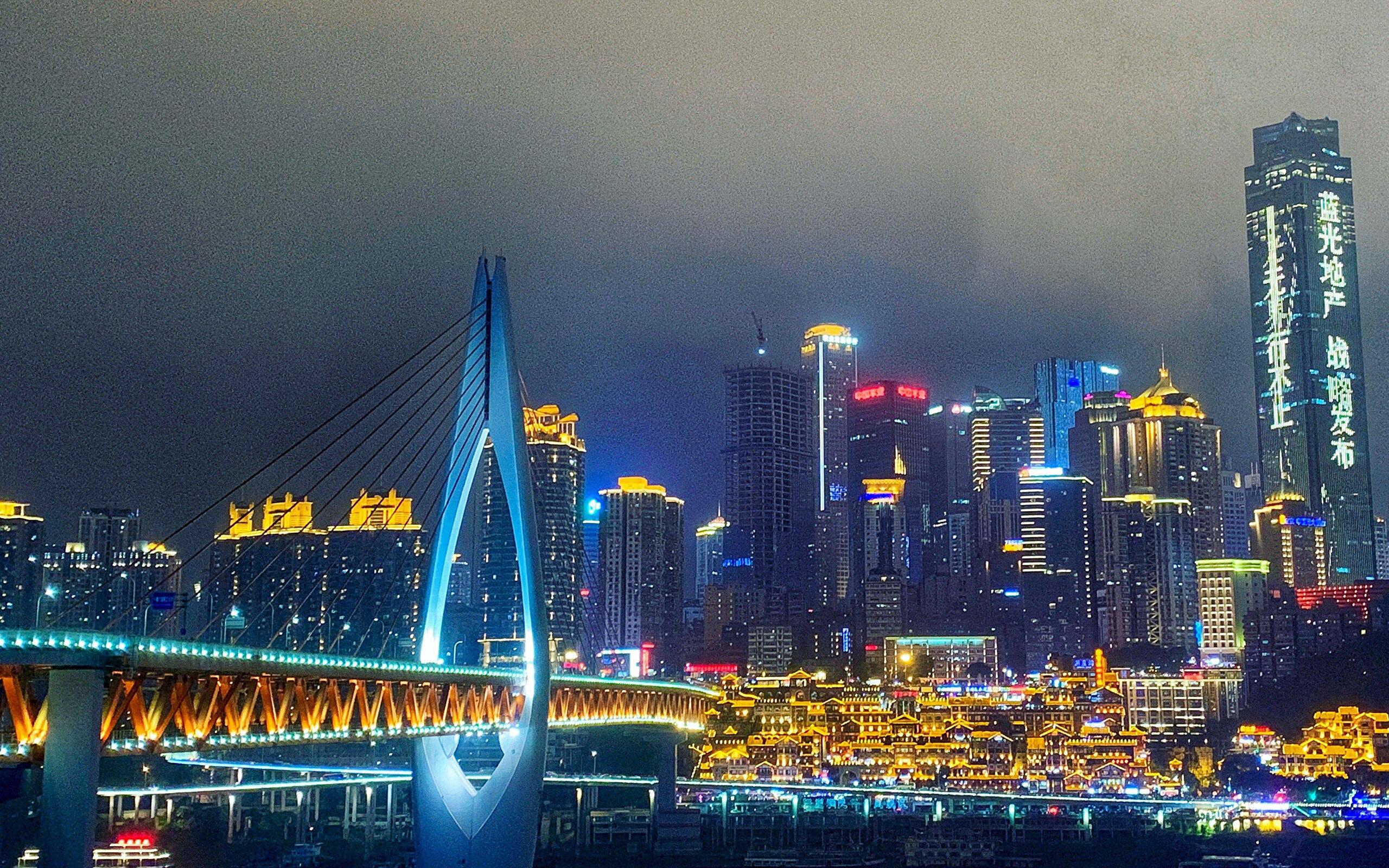China’s effective containment of the COVID-19 pandemic and progress in vaccination have greatly boosted people’s enthusiasm for domestic travel during the May Day holiday lasting from Saturday to Wednesday.
Viewing the travel rush as a clear signal of the country’s economic recovery, especially a pick-up in consumers’ sentiment, international businesses are shifting to e-commerce to seek fortune in China’s online market, given that the coronavirus has brought overseas travel to a standstill.
POST-PANDEMIC COMEBACK
Passenger trips on Chinese railways hit a new single-day high on the first day of the International Workers’ Day holiday, with nearly 18.83 million trips recorded, up by 9.2 percent from the 2019 level.
Experts and media outlets have called the travel boom a “definitely encouraging” sign of post-pandemic revival.
Tommy Wu, a lead economist of British thinktank Oxford Economics, said, “domestic travel will likely recover to close to pre-pandemic levels during the Labor Day holiday, which is definitely encouraging.”
“That said, should we see a strong positive outturn on consumer spending during the Labor Day holiday, it will be a very encouraging sign that household consumption recovery is probably back on track again,” Wu said.
As a “record-breaking wave of Chinese tourists” are hitting the road for a May Day trip, the travel frenzy is “giving China’s economy a powerful short-term boost,” Reuters said in a recent report.
That is “in stark contrast to the rest of the world where many countries are still struggling to bring the virus under control, let alone open up domestic or even international travel,” the report added.
“Tickets for everything from domestic flights to theme parks are rapidly selling out in China ahead of its Labor Day holiday as the nation’s recovery from the COVID-19 pandemic gathers pace,” the Bloomberg News observed in a report last week.
“China’s early success in tackling the pandemic has helped to underpin its economic rebound,” it said. “Its ability to contain sporadic outbreaks has given millions of people the confidence to stick to their domestic travel plans.”
BRAND-NEW MODES
Though the five-day break offers a fillip for local economies hit by the health crisis, international retailers targeting Chinese tourists are becoming anxiety-ridden, as border restrictions between countries are undoing overseas travel and consequently tourism-related consumption.
Therefore, some of them are shifting to online business to mitigate the impact.
Aumake, an Australian online platform, has developed a social e-commerce marketplace connecting Asian influencers, buyers and sellers with Australian brands. Due to the challenges of the pandemic, Aumake has, like many forward-looking companies, transferred its focus to online business.
Keong Chan, executive chairman of Aumake, said this shift managed to provide Australian brands with an effective channel to seamlessly promote, sell and deliver products to Chinese consumers via social media influencers.
Among more than 20,000 registered active users on Aumake’s platform, 85 percent are from the Chinese mainland. Nowadays, Aumake is partnering with a social e-commerce team based in Hangzhou and converting end-consumers to small influencers as part of its marketing strategy.
Several foreign brands have been active players on online platforms familiar to Chinese consumers.
Speaking at the China Business Summit 2021 held Monday, New Zealand Minister for Trade and Export Growth Damien O’Connor said, “in China, we have seen New Zealand businesses pivoting to e-commerce channels, as a way of ensuring their products get to their customers.”
“In the absence of travel, we have seen a real investment by New Zealand businesses in maintaining their connection to market, through digital platforms, local business partners, or the government teams,” O’Connor added.
GLOBAL ECONOMY DRIVER
As China’s early recovery is gaining momentum, observers believe that China holds promise for global businesses.
Christina Otte, an expert with Germany Trade & Invest, an economic development agency, said, “sentiment remains good in both manufacturing and non-manufacturing sectors, including among German companies in China.”
“If the Chinese economy continues to recover, this will also have a positive impact on the German economy, as both economies are closely linked,” she told Xinhua.
China has also consolidated its link with the global business community, with the first International Consumer Products Expo to be held on May 7-10 in Haikou, capital of the southern Chinese province of Hainan, attracting more than 1,300 brands from 69 countries and regions.
Weleda, a natural organic health, wellbeing and beauty company based in Switzerland, hopes to gain a stronger foothold in China and has registered for the event.
“We definitely want to launch more products on the Chinese market, and we also want to expand our sales channels,” Heiko Barth, Weleda’s regional director for Asia and Pacific, told Xinhua ahead of the expo.
“In such a pandemic period, many products could only be sold in the Chinese market, which now almost recovered from the economic downturn in early 2020,” said Xiong Yu, a professor at the Britain-based Surrey Business School in the University of Surrey.
“China’s recovery from the pandemic gives hope to the world, Hainan’s International Consumer Products Expo is a practical step to bring such hope to other countries,” he said.
Natee Taweerifuengfung, president of Thailand-based Siam Think Tank, said that the expo indicates that China can play a key role in helping facilitate the recovery of the global economy, adding China’s large consumer market offers massive development opportunities to the world’s huge industrial capacities and supply chains.









